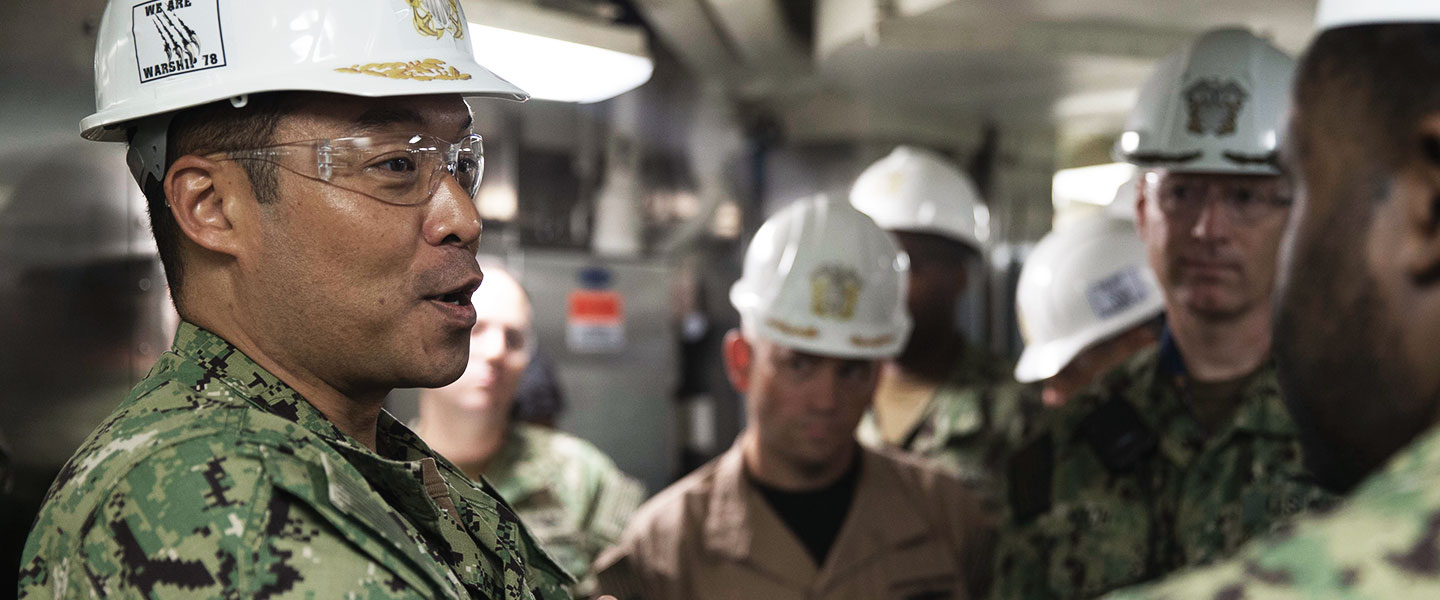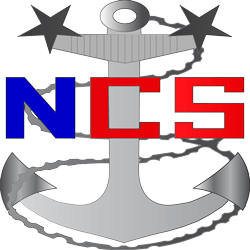Good afternoon everyone,
Yesterday I received my second TWE to USNA, and while heartbreaking, I understand that admissions simply can't accept everyone. I have met some pretty incredible people on this forum, some of which received appointments to the academy of their choice, and I am confident they will move on to do amazing things. As I will not be a 3-time reapplicant to USNA, I am looking to pursue a career in consulting following graduation, which is in December 2021. With that being said, I was wondering if there are any parents or academy alum on this forum that currently work in the industry? It would be great to connect to learn more about the career path, and possibly explore some of the full time opportunities available. This site was a lifesaver when it came to navigating the USNA application process, so I thought I'd make this post and see what happens .
.
Thank you!
Yesterday I received my second TWE to USNA, and while heartbreaking, I understand that admissions simply can't accept everyone. I have met some pretty incredible people on this forum, some of which received appointments to the academy of their choice, and I am confident they will move on to do amazing things. As I will not be a 3-time reapplicant to USNA, I am looking to pursue a career in consulting following graduation, which is in December 2021. With that being said, I was wondering if there are any parents or academy alum on this forum that currently work in the industry? It would be great to connect to learn more about the career path, and possibly explore some of the full time opportunities available. This site was a lifesaver when it came to navigating the USNA application process, so I thought I'd make this post and see what happens
Thank you!



